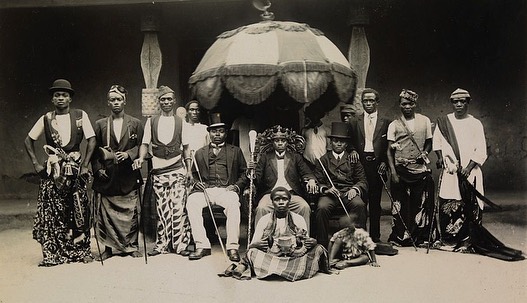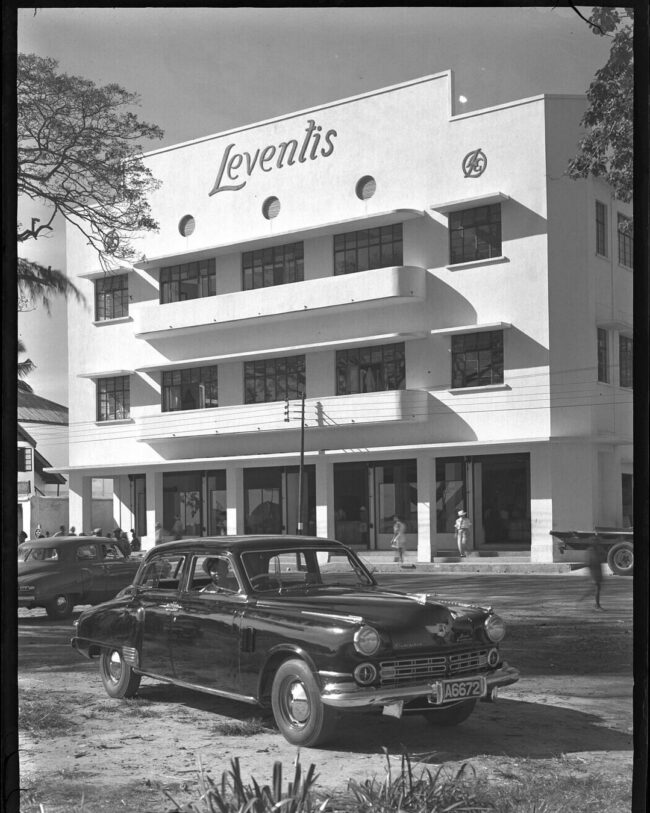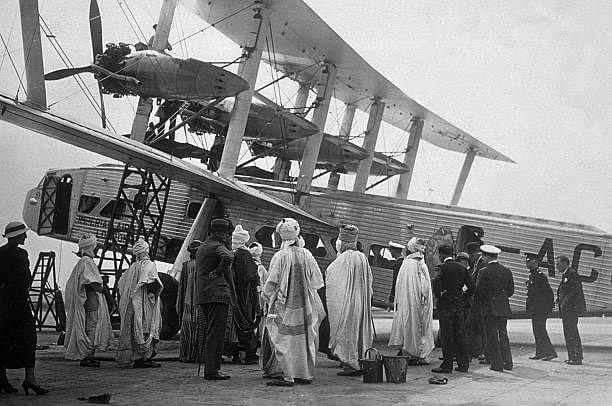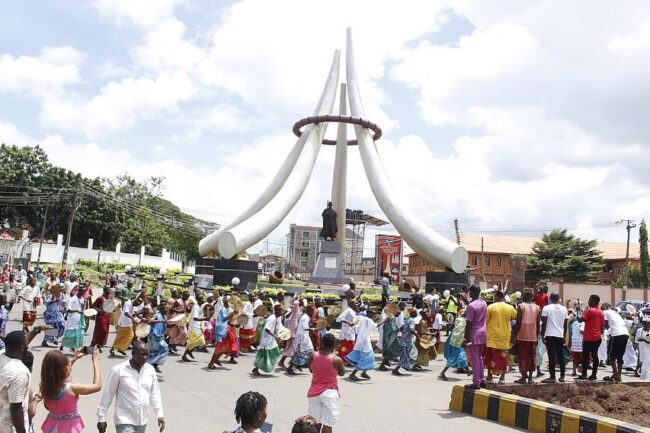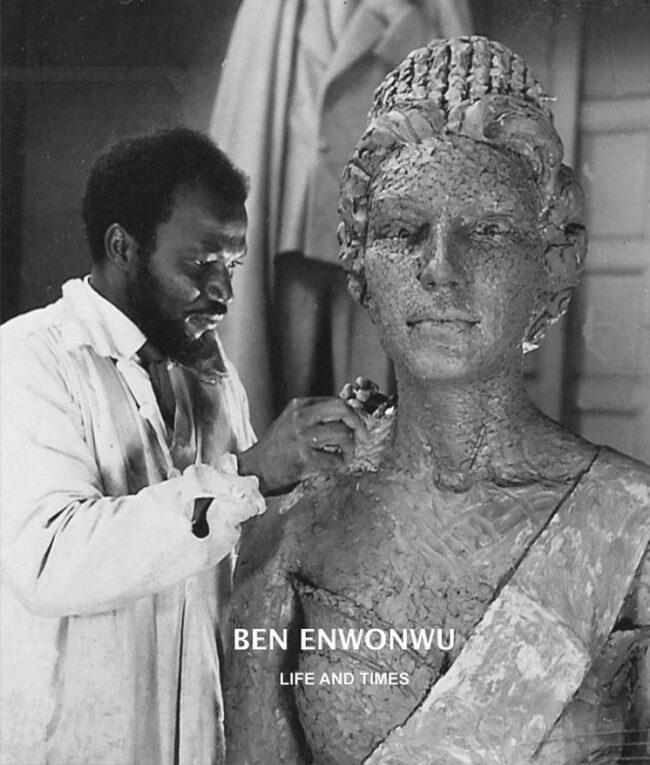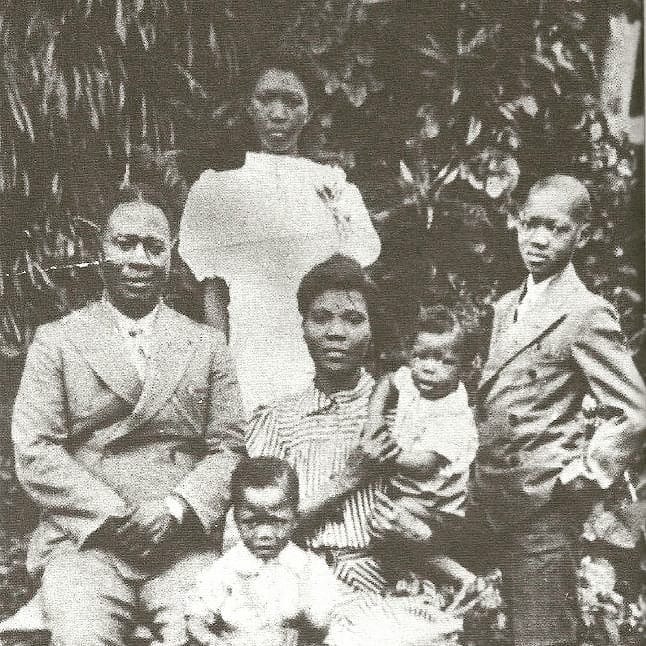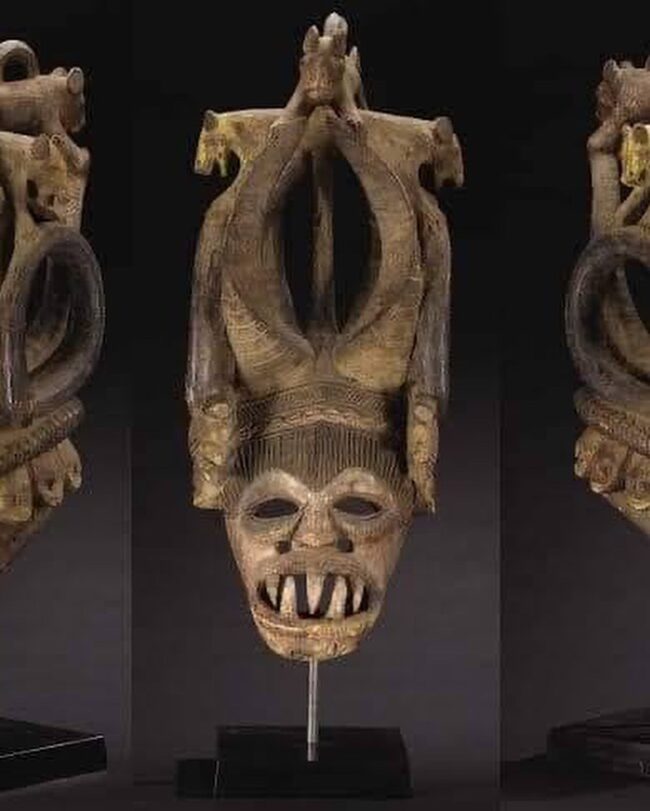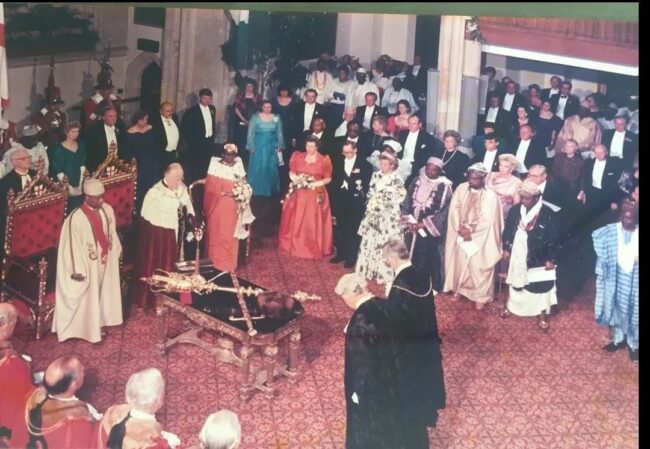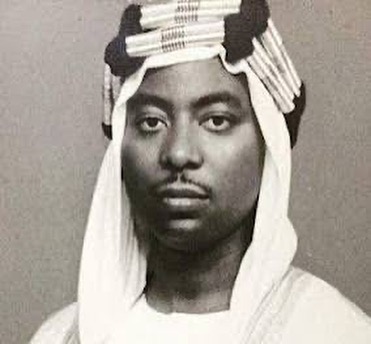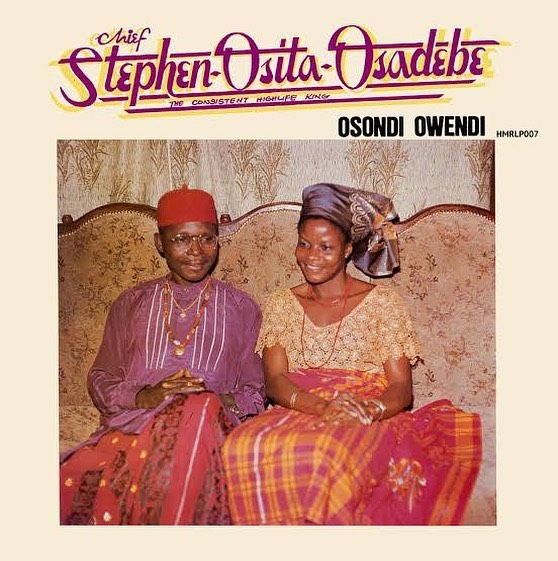Origin of the Itsekiri People and Their Diversification
The Itsekiri ethnic group, also known as Jekri, Isekiri or Ishekiri, inhabits the westernmost part of the Niger Delta in southern Nigeria. The Itekiri make up the majority of the modern towns of Sapele, Warri, Burutu and Forcados. Itekiri is also a subgroup of the Yoruboid people who live mainly in the Warri South, Uvwie, Warri North and Warri Southwest local government areas of Delta State on the Atlantic coast of Nigeria. This means that the Yoruba people of southwestern Nigeria, as well as the Okpe and Edo peoples, are relatives of the Itsekiri. In addition, there are large Itekiri communities in many Nigerian cities, including Lagos, Sapele, Benin City, Port Harcourt and Abuja,…

